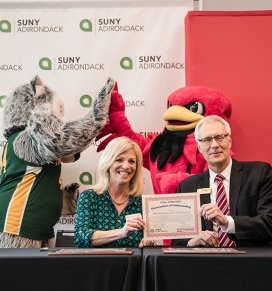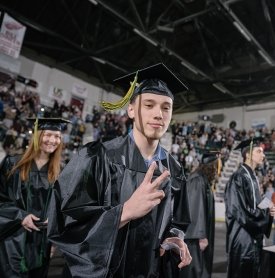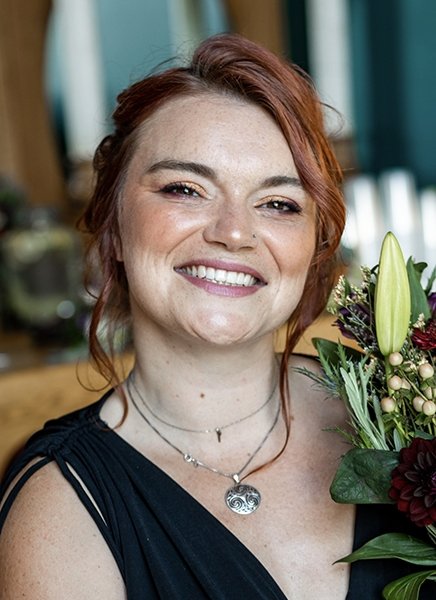Liberal Arts and Sciences: Humanities and Social Sciences — Psychology concentration
SUNY Adirondack offers a Liberal Arts: Humanities and Social Sciences concentration in Psychology. Study in psychology gives context to the importance of data to help your understanding of human behavior and experiences. Enhance your experience of the world around you with the backdrop of psychology. Communication, thinking for yourself and problem solving are at the core of this program.
- Degree
- Associate in Arts
- Program Type
-
Career-oriented degrees
- Pathway
- Humanities and Social Sciences
- Credits
- 64
Learning outcomes
- Develop sufficient background in a psychology discipline to qualify for upper-level study.
- Demonstrate the skills and knowledge needed to think critically.
- Employ effective communication skills, both written and verbal.
- Articulate the presence and influence of diversity within societies such as the United States and those in Western Europe, as well as throughout the world.
- Demonstrate the skills and knowledge related to personal health and fitness, lifelong sports, and recreational wellness.
- Examine expression and the creative process in one or more of the areas of humanities.
- Demonstrate an understanding of the scientific method.
- Identify basic factors relevant to the analysis of human behavior.
Curriculum and requirements
Students choose from a variety of courses that meets program requirements and satisfies your interests in psychology. Electives in philosophy, ethics, the arts, foreign languages, theater, literature and writing enrich learning.
Two colleges, one campus
SUNY Adirondack offers a dual acceptance program with SUNY Plattsburgh at Queensbury. Earn a bachelor's degree right at SUNY Adirondack's beautiful campus in fields that include Psychology.


Looking ahead
SUNY Adirondack's Psychology concentration prepares graduates for further education. The most popular transfer institutions include: University at Albany | SUNY Plattsburgh | SUNY Potsdam | Siena College
Lifelong interest


In seventh grade, we were asked ‘What do you want to be when you grow up?’ and I remember writing, ‘I want to be a psychologist.' My father fought in Vietnam and has pretty severe PTSD, so that always fascinated me — what makes people tick, what about the brain makes people act the way they do, what’s behavioral and genetic, what goes right and what goes wrong.”